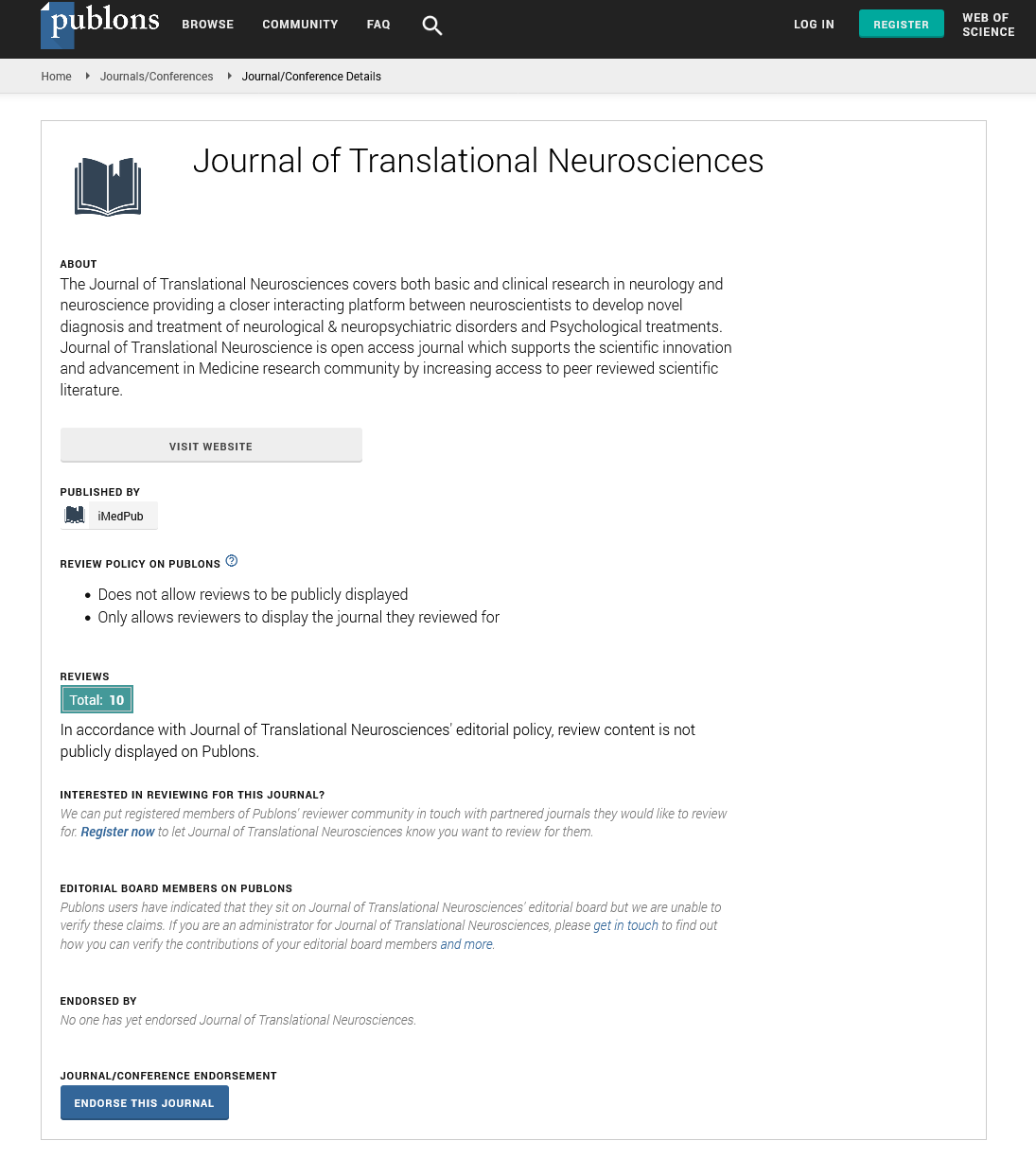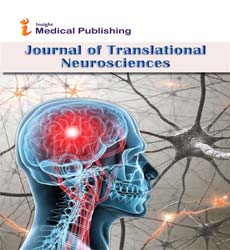Abstract
Estrogen Regulation of Gonadotropin Subunit(GPÃÆà ½Ãâñ, FSHÃÆà ½Ãâò, LHÃÆà ½Ãâò) mRNA Expression duringSexually Quiescent and Breeding Phases in the Female Catfish Heteropneustes fossilis
Estrogens exert a feedback control on gonadotropin (GtH) secretion at the level of the hypothalamus and pituitary. In the present study, female catfish were ovariectomized (OVX) for 5 weeks in resting (December-January) and preparatory (March-April) phases and supplemented with estradiol-17β (E2, 0.05 and 0.5 µg/g body mass) in 3-week ovariectomized fish to demonstrate the nature of feedback control on expression of pituitary GtH subunit (glycoprotein α - GPα, follicle- stimulating hormone - FSHβ and luteinizing hormone - LHβ) genes. Plasma steroid hormone (E2, testosterone, P4 and cortisol) levels were monitored concurrently. Plasma levels of E2, testosterone and P4 decreased after OVX but cortisol increased initially but later decreased. The E2 treatment elevated plasma E2 levels significantly in the OVX groups dose-dependently but not testosterone, P4 and cortisol levels. Ovariectomy produced season-dependent effects on GPα, FSHβ and LHβ transcript levels. In the resting phase, OVX led to an increase in the expression of FSHβ up to week 4, which then declined on week 5 with the level still higher than the sham-OVX fish. LHβ did not show any change after OVX. GPα showed a pattern similar to the FSHβ expression. In the preparatory phase, both FSHβ and GPα transcripts increased throughout OVX compared to the control group. However, the LHβ transcripts decreased significantly in the OVX group. In the resting phase, E2 replacement in 3-week OVX fish not only reversed the OVX effect on GPα and FSHβ transcript levels, but also decreased the expression below the control level (0.05µg E2) or further down (0.5 µg E2). The LHβ expression did not show any significant change in the resting phase. In the preparatory phase, the GPα and FSHβ expression altered similarly as in the resting phase. The LHβ expression was up regulated after the E2 replacement. The data suggest that E2 modulates transcriptional activity of FSHβ and LHβ differentially depending on the reproductive status of the fish.
Author(s):
Acharjee A, Chaube R and KP Joy
Abstract | Full-Text | PDF
Share this

Google scholar citation report
Citations : 46
Journal of Translational Neurosciences received 46 citations as per google scholar report
Journal of Translational Neurosciences peer review process verified at publons
Abstracted/Indexed in
- Google Scholar
- JournalTOCs
- China National Knowledge Infrastructure (CNKI)
- Publons
- Secret Search Engine Labs
- Euro Pub
Open Access Journals
- Aquaculture & Veterinary Science
- Chemistry & Chemical Sciences
- Clinical Sciences
- Engineering
- General Science
- Genetics & Molecular Biology
- Health Care & Nursing
- Immunology & Microbiology
- Materials Science
- Mathematics & Physics
- Medical Sciences
- Neurology & Psychiatry
- Oncology & Cancer Science
- Pharmaceutical Sciences


